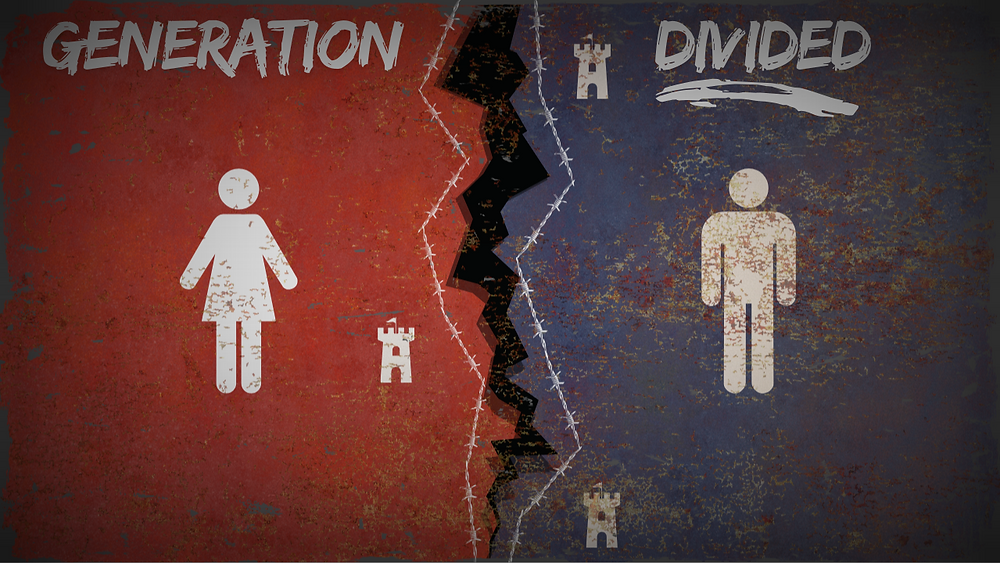Gen Z's Shifting Political Landscape: Young Men Increasingly Align with Trump, Creating a New Electoral Divide

A recent tweet from "The Rest Is Politics US" podcast, stating "The one group that could change politics forever...", appears to allude to the burgeoning political influence of Generation Z, particularly highlighting a significant and growing gender divide within this demographic. Analysis of recent voting patterns and political engagement indicates that while young women largely maintain progressive leanings, a notable segment of young men is increasingly gravitating towards conservative and populist figures, most notably Donald Trump.
This shift among young male voters marks a departure from previous expectations that Gen Z would uniformly bolster progressive causes. Data suggests that Trump has secured a larger share of voters under 30 than any Republican presidential candidate since 2008, with his popularity among young men surging by 15 percentage points since 2020. This trend is partially attributed to Trump's direct engagement with this demographic through social media and podcasts, where he is perceived as humorous and accessible.
Experts suggest that many young men feel overlooked by left-wing politics and current economic conditions, finding an outlet for their grievances in Trump's populist message. The "manosphere" on social media platforms is identified as a space where these frustrations are validated, and traditional masculinity is emphasized. Issues such as economic insecurity, mental health challenges, and a general distrust in government institutions are key concerns for Gen Z voters.
The "Rest Is Politics US" podcast, co-hosted by Anthony Scaramucci and Katty Kay, frequently delves into these dynamics, examining the intricacies of US society and its political landscape. The podcast's focus on understanding various voter blocs and their motivations aligns with the tweet's implication of a "group" with the potential to reshape future elections.
The growing divergence in political alignment between young men and women within Gen Z presents a complex challenge for both major parties. While Democrats have historically relied on youth turnout, the evolving preferences of young male voters suggest that future electoral strategies will need to address the distinct concerns and communication channels of this increasingly influential demographic.